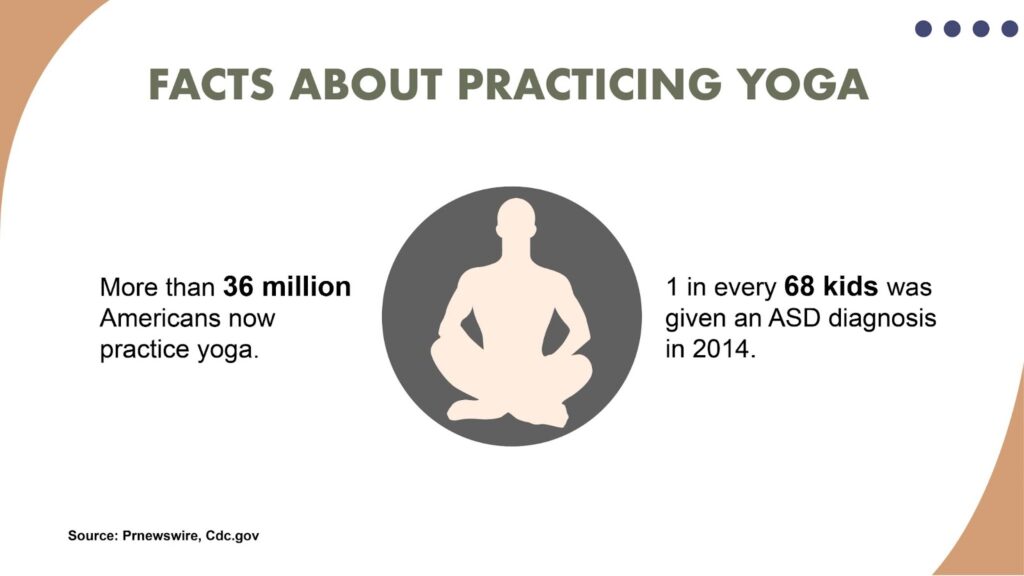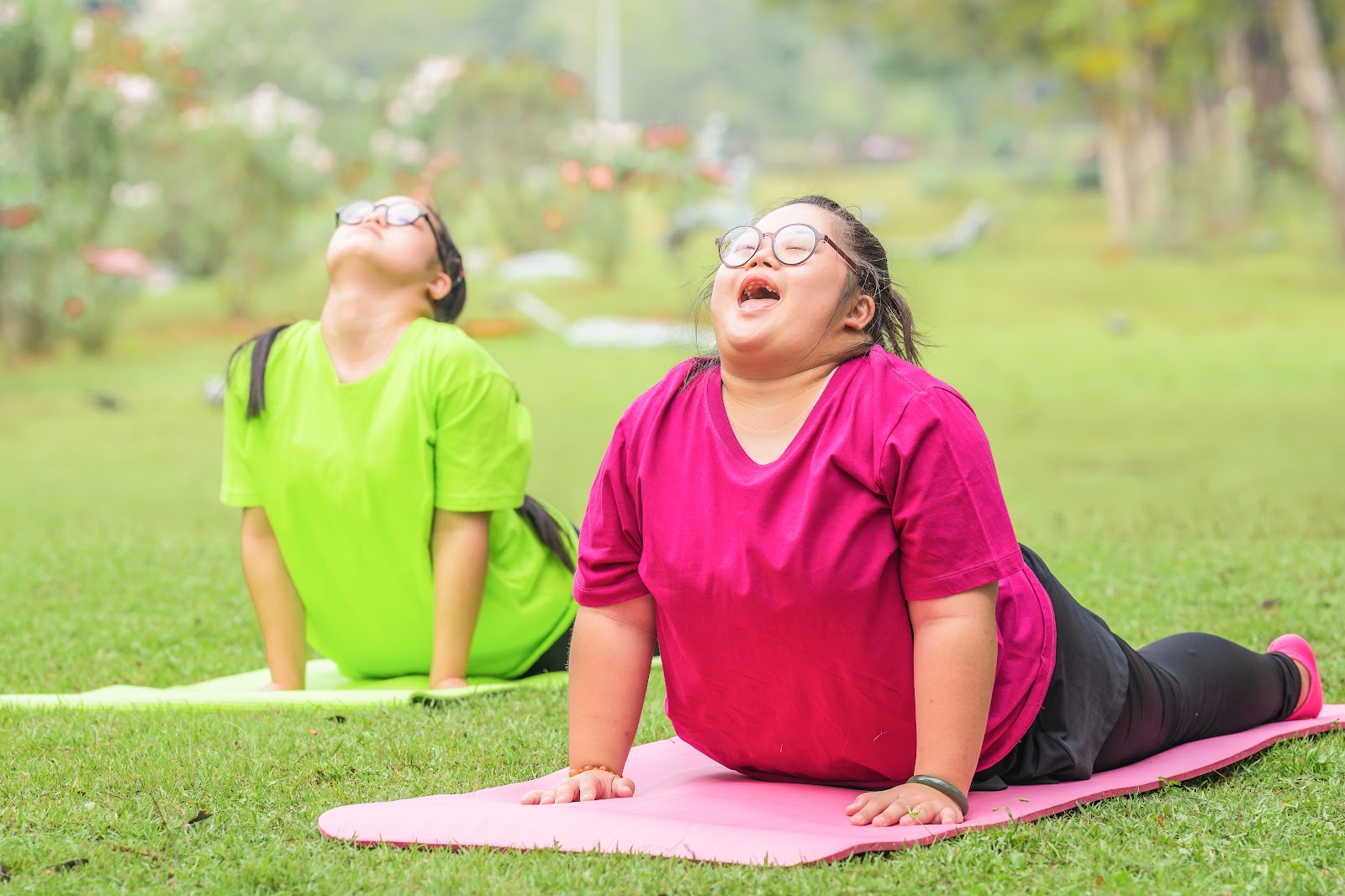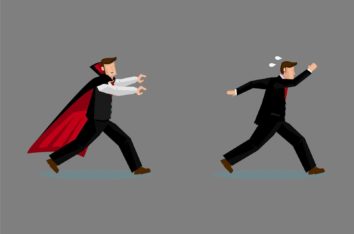Why do Yoga Instructor Classes Online Help People With Autism?
According to the Yoga by Yoga Alliance and Yoga Journal, more than 36 million Americans now practice yoga. This includes a growth of approximately 15 million in just the four years prior. Significant growth in yoga as a complementary therapy for people with Autism Spectrum Disorder (ASD) has been sparked in recent years by a number of research studies that have not only highlighted the growing popularity of yoga instructor classes online in general but also suggested that yoga may have benefits for those with ASD.
According to the CDC, 1 in every 68 kids was given an ASD diagnosis in 2014. Although research suggests that yoga can help both children and adults with ASD.

Autism: Embrace Differences With Yoga
The term "autism spectrum disorder" refers to a group of psychological disabilities that present a diverse range of symptoms and difficulties. People with ASD frequently struggle with:
- Increased anxiety
- Hypersensitivity to their surroundings
- Communication and social relationship difficulties
- Problems with self-regulation
Numerous studies have shown that individuals with autism frequently experience difficulties with focus, concentration, body awareness, motor coordination, and common health illnesses such as autoimmune diseases, digestive disorders, and chronic fatigue.
Yoga and Scientific Research
Many people with autism suffer extra obstacles related to the disorder in addition to these typical ASD challenges. According to a recent CDC study, adolescents with autism have an obesity rate of 32%. Asthma and headaches, bone and joint troubles, sleep problems, and social and psychological issues like stigmatization and low self-esteem are just a few of the health problems associated with obesity. Dr. Robert Fortuna, a professor at the University of Rochester Medical Center, claims that they frequently have limited access to healthcare services, which results in health problems frequently going untreated.
Lighten Up Your Life With Yoga
Adults with ASD can benefit greatly from yoga when it is taught in a safe and convenient manner. Yoga instructor classes online can be a useful tool for reconnecting persons with ASD to their bodies because it is typical for them to lack core strength and struggle with motor control and gross motor skills. Yoga also supports balance, synchronization, bilateral movement, and the stability of gross motor growth. Additionally, yoga can improve their muscular endurance, flexibility, and strength.
Emotional Benefit:
For those with ASD, yoga can have significant advantages in addition to its physical advantages. Numerous studies from Harvard Health found that practicing yoga can lower anxiety and depressive symptoms to help autistic individuals. Yoga also demonstrates to be an especially effective tool for easing anxiety caused by obsessive-compulsive disorder, which affects many people with ASD.
Breathing Tips:
People with ASD can adopt certain positions and breathing techniques that can assist them in letting go of challenging or uncomfortable feelings. For people with ASD, belly breathing, also known as abdominal breathing, has proven a particularly beneficial respiratory technique. Regular sleep patterns, a struggle for people with ASD, can also help with anxiety, despair, and agitation in general. But a recent study indicates that people with chronic insomnia may benefit from regular yoga practice in terms of their sleep patterns.
Immune Functionality:
ASD frequently coexists with immunological dysfunction and autoimmune diseases. Metabolism, respiration, and allergic reaction are all areas of concern in people with ASD and can all be impacted by immune dysfunction. Yoga instructor classes online can assist with this as well; according to research, consistent yoga practice can boost immune system general strength.
Sensory Integration:
People with autism frequently struggle with sensory processing issues as well as increased sensitivity to their surroundings. The proprioceptive and vestibular systems are two of the "hidden senses," in addition to the five other senses. The vestibular system controls movement and balance, and common symptoms of vestibular dysfunction include attention problems, problems with bilateral coordination, weak core muscle control, poor posture, emotional insecurity or dysregulation, difficulty following instructions, and gravitational unease. Our "body awareness" sense, or proprioceptive system, involves spatial awareness, as well as awareness of and control over our bodily parts and motions.
Dysfunction:
Proprioceptive dysfunction can cause behaviors like smashing feet, trying to bang into walls or other objects or people in the environment, munching clothes, beating oneself or others, and desiring bear hugs or profound press feedback. It can also cause:
- Inadequate motor planning
- Inadequate posture
- Decreased muscle
- Poor endurance
- Difficulty following motor actions
- Poor dynamic balance
Sensory Processing:
The difficulties with sensory processing that people with ASD experience are closely tied to their capacity for self-regulation.
Postures of Yoga:
The poses of yoga, along with breathing exercises, are beneficial in promoting sensory integration because they:
- Support bilateral coordination
- Strength
- Bolstering weak muscles
- Harmony and coordination
- Attention
- Postural stability
- Motor coordination
- Core stability and power
- Modulation of body movements
Integrated Approach To Yoga For Autistic Patients
When individuals with ASD are better able to control their emotions, this can significantly improve their capacity to communicate with others. Greater social/emotional regulation can result from physical postures and targeted breathing techniques that offer opportunities to let go of challenging emotions or stored body energy. These techniques can also assist in communication and the expression of emotions.
Self-control paves the way for social abilities like respecting personal boundaries, resolving disputes with peers, considering others' perspectives, and communicating effectively with others.
Make Yoga Practice accessible For Autistic Patients
To ensure safety and effectiveness for the individual's particular body type, level of cognitive ability, yoga poses, breathing practices and visualization approaches it is essential to teach poses using visual supports, direct and factual language, and the suitable props.
Why Our Yoga Courses Can Help Autistic Individuals?
Yoga can be incredibly effective with the right observation and analysis, as well as a skilled and informed instructor who knows what is required to support persons with ASD. In order to support adults with autism and their families and to enable them to lead the most nutritious, fulfilling, and influential lives possible, yoga offers a holistic and healing method. As yoga instructor classes online assist these people in overcoming their obstacles and boosting their self-esteem and confidence, it also encourages them in identifying their talents and aptitudes, which will enable them to celebrate and shine their individual inner lights for others to see.



